Intellectuals are cynical and cynics have never built a cathedral
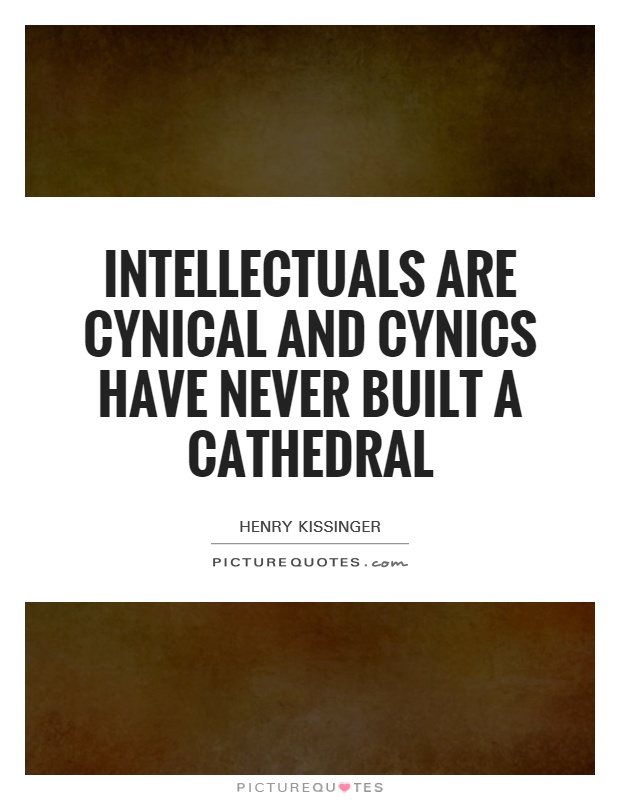
Intellectuals are cynical and cynics have never built a cathedral
Henry Kissinger, a renowned American diplomat and political scientist, is often seen as the epitome of an intellectual in the realm of international relations. His vast knowledge, strategic thinking, and ability to navigate complex geopolitical landscapes have earned him both praise and criticism throughout his career. However, the quote "Intellectuals are cynical and cynics have never built a cathedral" raises an interesting question about the role of intellectuals like Kissinger in shaping the world.On one hand, intellectuals like Kissinger are often seen as cynical due to their critical thinking and skepticism towards conventional wisdom. They question assumptions, challenge norms, and seek to understand the underlying motivations behind political decisions. This cynicism can be seen as a necessary trait for intellectuals to navigate the complexities of international relations and make informed decisions.
However, the quote also suggests that cynics, despite their intellectual prowess, may not have the ability to create something as grand and enduring as a cathedral. In the context of Kissinger, this could be interpreted as a critique of his realpolitik approach to diplomacy, which prioritizes power dynamics and strategic interests over moral considerations. While Kissinger's intellectual acumen has undoubtedly shaped global politics, his critics argue that his cynical worldview has led to controversial decisions and actions that have had negative consequences.
Despite this criticism, it is important to recognize that intellectuals like Kissinger play a crucial role in shaping the world. Their ability to analyze complex issues, offer innovative solutions, and engage in meaningful dialogue is essential for addressing global challenges. While cynicism may be a part of their intellectual toolkit, it is not the defining characteristic of their work.
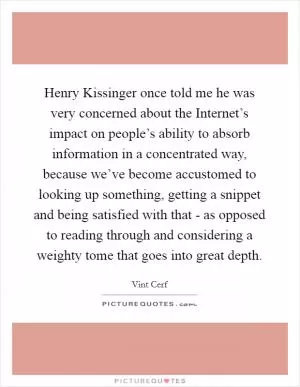

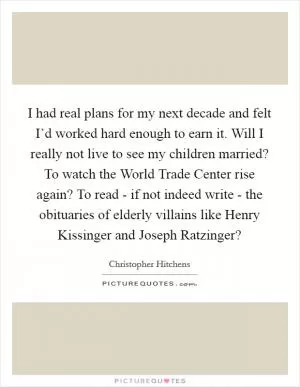
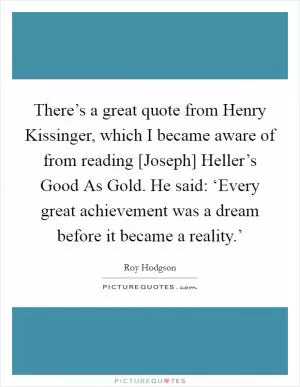


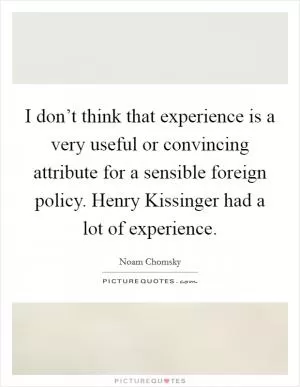
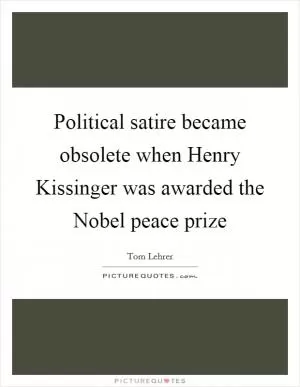

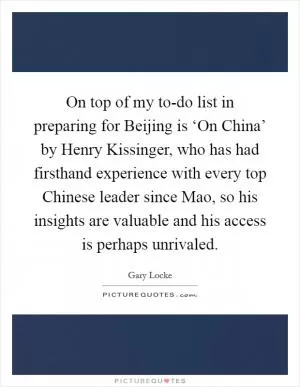
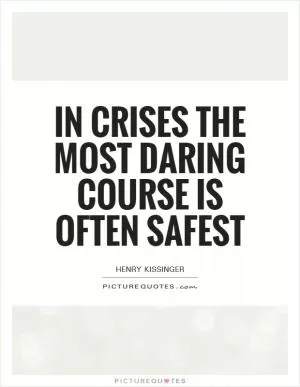

 Friendship Quotes
Friendship Quotes Love Quotes
Love Quotes Life Quotes
Life Quotes Funny Quotes
Funny Quotes Motivational Quotes
Motivational Quotes Inspirational Quotes
Inspirational Quotes